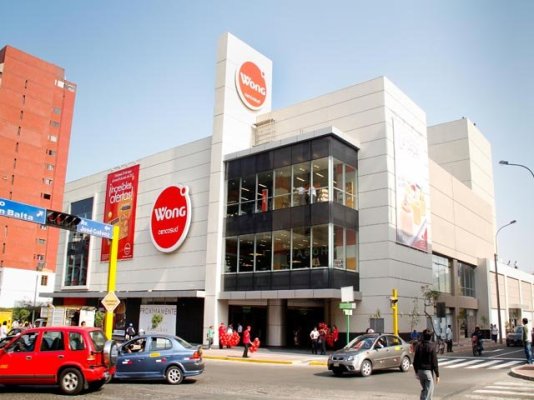haha
Give me a museum and I'll fill it. (Picasso) Give me a forum ...
http://www.bizjournals.com/cincinnati/news/2012/11/21/developer-looks-to-convert-downtowns.html?ana=e_du_pub&s=article_du&ed=2012-11-21
Cincinnati is a very attractive city, but until the last 10 or 15 years few non-indigent people wanted to live in its downtown. My 70+ Dad got badly mugged waiting at a bus stop in the City Center, 6th and Vine. But I have a cousin who has lived downtown in the 8th and Walnut area for years. She does it because she does not drive, and bus and taxi service is much better from downtown. But very famous old downtown restaurants have closed or relocated to the suburbs recently, and some nightclubs have closed.
Living downtown is almost always quite a bit more expensive for rent and/or purchase, and parking if you own a car. Very nice upscale suburbs on both the Ohio and Kentucky side of the river usually offer cheaper rent or purchase price than the same space downtown.
And of course, in some cities including Cincinnati, downtown has been notoriously more violent in the very recent past and probably also today.
I grew up first in a streetcar suburb-literally, as when I was a boy the streetcars ran out from city center as spokes on a wheel. Later the tracks were torn up and buses continued the same pattern. Then we moved to a true city location, though farther from the CBD and retail core than is my situation today. I really like city living, but I have always lived very close to City Center, other than when I was raising children, so it feels like home to me.
But the there must be people moving into these newer urban developments and conversions who have never lived downtown before. Maybe worked downtown while raising kids in the suburbs, but want to move downtown as empty nesters or retirees.
It will bear watching. Living downtown makes physical demands since you walk much more. It makes demands on your street awareness. And daily living is different- often no true supermarkets, though any more there are usually year around farmers' markets, some excellent meat markets that survive from the prewar era, and fish markets in coastal cities. As the residential population grows, so do the retail services. Often more expensive, but nevertheless present. Seattle has Whole Foods in So Lake Union, Metropolitan Market in Uptown at the base of Queen Ann, and even a newly opened City Target right center of downtown. As far as I know, there are few or none of these things in Cincinnati, but if the people come, they will build.
I know we are mostly a suburban or even country group, but do any of you plan or know others who plan to live in more urban surroundings in retirement?
Ha
Cincinnati is a very attractive city, but until the last 10 or 15 years few non-indigent people wanted to live in its downtown. My 70+ Dad got badly mugged waiting at a bus stop in the City Center, 6th and Vine. But I have a cousin who has lived downtown in the 8th and Walnut area for years. She does it because she does not drive, and bus and taxi service is much better from downtown. But very famous old downtown restaurants have closed or relocated to the suburbs recently, and some nightclubs have closed.
Living downtown is almost always quite a bit more expensive for rent and/or purchase, and parking if you own a car. Very nice upscale suburbs on both the Ohio and Kentucky side of the river usually offer cheaper rent or purchase price than the same space downtown.
And of course, in some cities including Cincinnati, downtown has been notoriously more violent in the very recent past and probably also today.
I grew up first in a streetcar suburb-literally, as when I was a boy the streetcars ran out from city center as spokes on a wheel. Later the tracks were torn up and buses continued the same pattern. Then we moved to a true city location, though farther from the CBD and retail core than is my situation today. I really like city living, but I have always lived very close to City Center, other than when I was raising children, so it feels like home to me.
But the there must be people moving into these newer urban developments and conversions who have never lived downtown before. Maybe worked downtown while raising kids in the suburbs, but want to move downtown as empty nesters or retirees.
It will bear watching. Living downtown makes physical demands since you walk much more. It makes demands on your street awareness. And daily living is different- often no true supermarkets, though any more there are usually year around farmers' markets, some excellent meat markets that survive from the prewar era, and fish markets in coastal cities. As the residential population grows, so do the retail services. Often more expensive, but nevertheless present. Seattle has Whole Foods in So Lake Union, Metropolitan Market in Uptown at the base of Queen Ann, and even a newly opened City Target right center of downtown. As far as I know, there are few or none of these things in Cincinnati, but if the people come, they will build.
I know we are mostly a suburban or even country group, but do any of you plan or know others who plan to live in more urban surroundings in retirement?
Ha
Last edited:


